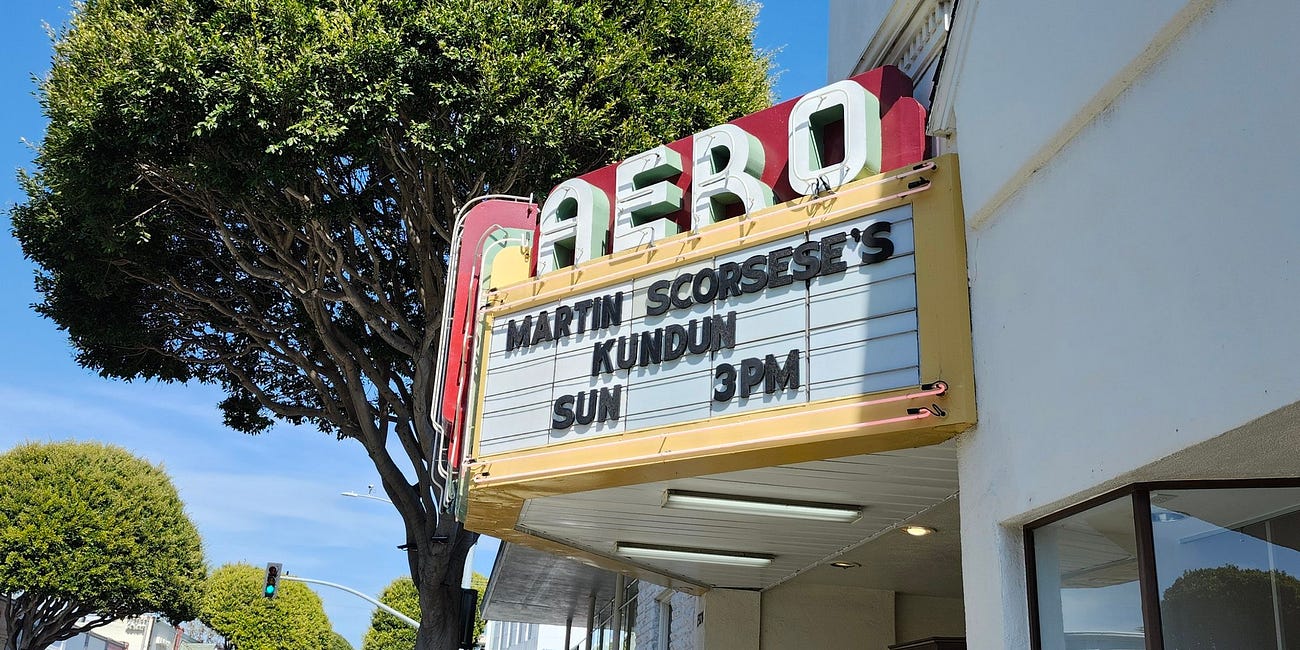Scene Report: Mid-July in LA Cinemas
On screenings of Millennium Mambo, Mid/Evil Times, Evil Puddle, and Wet Hot American Summer
Millennium Mambo
After settling into my new San Fernando Valley domicile I hit the ground running last week, acting as the man about town that I aspire to be. The calendar week started with a screening of Hou Hsiao-Hsien’s Millennium Mambo at the American Cinematheque’s Los Feliz 3, which was my first passage “over the hill” since moving.
Hou is a filmmaker with a larger variety of approaches than most in his realm, particularly the fellow auteurs of the Taiwanese New Wave. His dramatic subtlety is often best appreciated in his period films, while the contemporary ones sometimes work as more interesting aesthetic objects. 2001’s Mambo, however, is the best of both worlds, playing with the idea of period itself with a narrator from the future, describing a “contemporary” story taking place at the turn of the century. Shu Qi, as Vicky, recalls her shitty ex-boyfriends through scenes that take place in the locations that define them as people: nightclubs and messy bedrooms. Hao Hao, her DJ boyfriend played by Duan Chun-hao, is a perfect dunce with his shitty hungover y2k aesthetic and deep cut electronic records. The artistic side of him (again, he’s just a DJ, but this film affords turntablism and record collecting more respect than the laptop jockeys of cinema’s future) excuses his volatile behavior until she has enough — it’s an artistic temperament.
Shu Qi’s on-off switch oscillating between cool detachment and flagrant desperation is the engine that keeps this film alive, beyond the filmmaker’s penchant for a tranquil camera amidst chaotic club scenes. Her performance reaches its two-fold heights in the now-iconic opening scene, where her deep romantic gaze is met with her regret-filled voiceover, and the scene where, in an attempt to tamper Hao Hao’s amphetamine-smoking, she offers to get high with him, for it’s the only way she sees left to connect with the man she loves. In a sense, Shu Qi’s narration, from eleven years after the events transpire, works as an analog to the way that Hou treats period pieces as a filmmaker, but regarding a personal history rather than a national one. Of their three collaborations, this is the film where Shu Qi’s presence feels the closest to authorial.
The last time I saw this film, it was on an awful DVD rip. The recent 4k restoration by Metrograph brought the film to light in the exact way that I’d imagined a proper theatrical release would. I don’t have the old file to do a color comparison, but I trust the work of DVDBeaver on this one to say it’s a faithful improvement. Although I would always prefer to see a beaten up print, the Los Feliz 3 has a primo digital experience (on their main American Cinematheque screen, that is). I ate peanut m&ms as my first meal of the day and drank a big diet coke next to a friend, who I ran into on the street before the movie started. The relatively new acquaintance was smoking outside of Figaro, substantiating a claim from a recent blog of mine about the rep scene at large.
Keep reading with a 7-day free trial
Subscribe to Vintage Violence to keep reading this post and get 7 days of free access to the full post archives.






